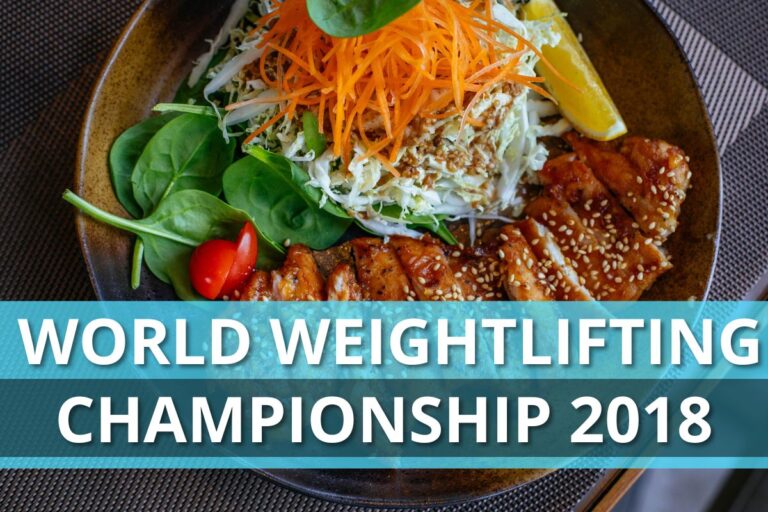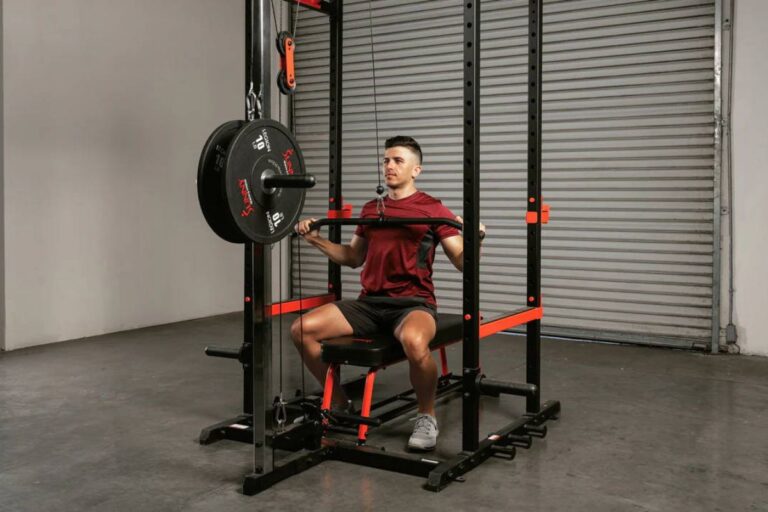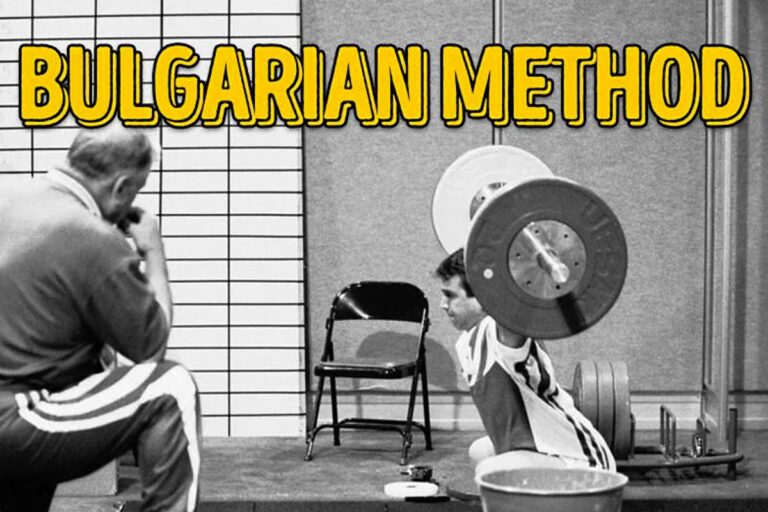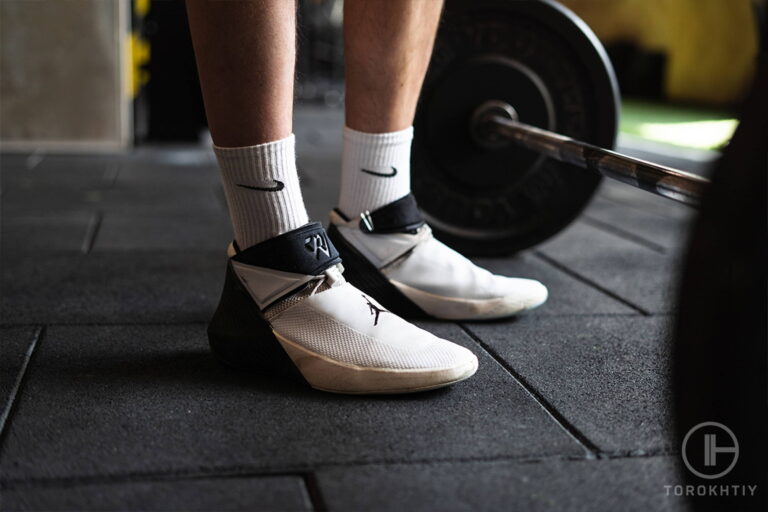Soy: pros and cons. Vegetarianism and microflora product

There are many vegetarians among the vast field of athletes and, obviously, they want to know how to get enough protein since most products containing it are of animal origin.
The most common alternative to meat/fish, eggs or dairy products can be found in soy products. They are quite accessible and are presented in the form of soy milk, soybeans, soy isolate, flour, tofu or soybean oil.
Now we will try to find out more precisely whether one should avoid soybeans and to which extent they can replace animal protein. Those who prefer to avoid soy use the isoflavones contained in it as their main reason why not to. Isoflavones are substances present in leguminous plants in large quantities. Since their chemical structure resembles the female sex hormone estrogen, they are very often referred to as the phytoestrogens group.
Besides, isoflavones are able to bind with the estrogen receptors and to activate a person’s sex hormones functions. This mechanism is actually used quite frequently for the prevention and treatment of hormone-dependent diseases.
In fact, soy products affect each organism in different ways. It all depends on the concentration of isoflavone metabolites in the person’s blood.
In fact, 100 grams of soy contains 17 grams of protein. In addition to this valuable macronutrient, soybeans are rich in fiber and PUFA. Soy contains lectin and lunazine, which produce an antitumor effect.
Soy is rich in micro elements, it contains molybdenum, copper, manganese, phosphorus, as well as vitamins B1, B9 and K in sufficient quantities.
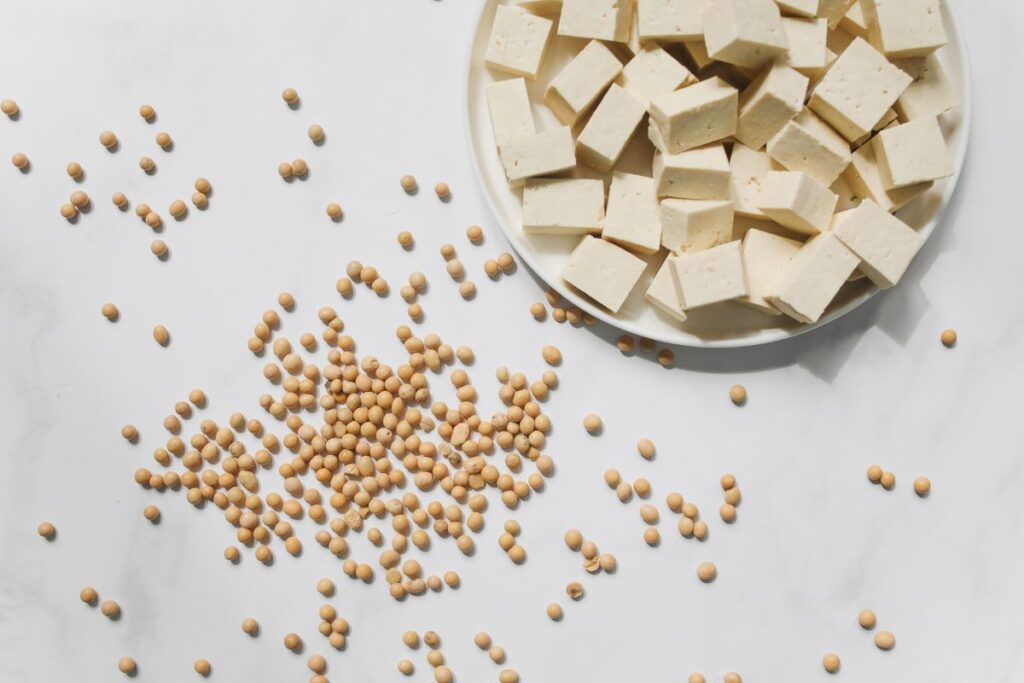
The benefit from this product can be obtained by splitting the soy isoflavones daidzein and genistein to their final product – equol. It is this metabolite that affects the human body positively.
Let’s name three positive effects of equol:
- It decreases glucose and LDL levels;
- It increases the amino acid pool;
- It activates liver enzymes due to phytoestrogens and the removal of “bad” estrogen metabolites. This effect extends more to women who train during the climacteric period of menopause.
There are scientific facts on how soybeans affect the development of osteoporosis development in women during menopause. The risk of osteoporosis is significantly reduced with the regular use of this product.
In addition to these effects, soy products cause a significant antioxidant effect on body cells, preventing lipid peroxidation.
🔻Maximum Performance Nutrition Program
Unlock your maximum potential with our Maximum Performance Nutrition Program. Tailored for weightlifters, this program offers serving-based diet planning, no food weighing required.
Perfectly complement your training for efficiency, body composition, competition prep, and weight class adjustments. Optimize performance, carbs, meal timing, and supplements.
Weightlifting Meal Plan Details:
- Easy step-by-step instructions;
- Serving control basis with no food weighing;
- Calorie intake is calculated for body mass;
- Adapts to your training schedule;
- Detailed guidance on progress tracking;
- Meal timing and serving sizes master tools;
- One-time payment for unlimited access.
Level up your game today!
To be able to get the biggest benefit from soy, the athlete’s digestive system should be working like clockwork and have the right microflora, which can be populated by ingesting the right foods.
Nevertheless, soy products also represent certain cons. First of all, they are quite allergenic and can cause allergic reactions. Secondly, if a person has thyroid disorders, soy products can worsen this condition.
In order to ensure that all amino acids are represented in a sufficient quantity in the diet, combine whole grains with legumes. This may be an excellent alternative to protein products of animal origin.
Related articles:
You might be interested in:
Why Trust Us?
With over 20 years in Olympic Weightlifting, our team does its best to provide the audience with ultimate support and meet the needs and requirements of advanced athletes and professional lifters, as well as people who strive to open new opportunities and develop their physical capabilities with us.
By trusting the recommendations of our certified experts in coaching, nutrition, dietology, and sports training programming, as well as scientific consultants, and physiotherapists, we provide you with thorough, well-considered, and scientifically proven content. All the information given in the articles concerning workout programming, separate exercises, and athletic performance, in general, is based on verified data. We ensure that you can rely on our professionals’ pieces of advice and recommendations that can be treated as personalized ones which will benefit you and fully meet your needs.
The product testing process is described in more detail here
Author: Sergii Putsov
Head of Sport Science, PhD
Best Results: Snatch – 165 kg,
C&J – 200 kg
Sergii Putsov, Ph.D., is a former professional weightlifter and National team member, achieving multiple medals in the 94 kg weight category at national competitions. With a Master’s degree in “Olympic & Professional Sport Training” and a Sport Science Ph.D. from the International Olympic Academy, Greece, Sergii now leads as the Head of Sport Science. He specializes in designing training programs, writing insightful blog articles, providing live commentary at international weightlifting events, and conducting educational seminars worldwide alongside Olympic weightlifting expert Oleksiy Torokhtiy.



